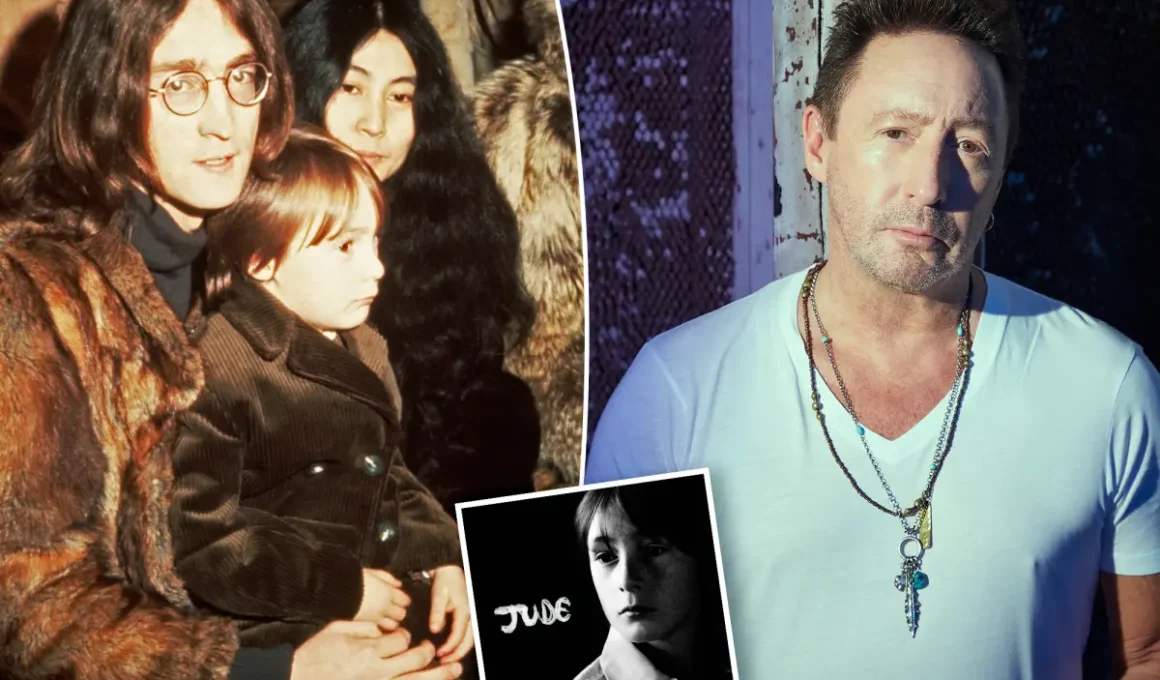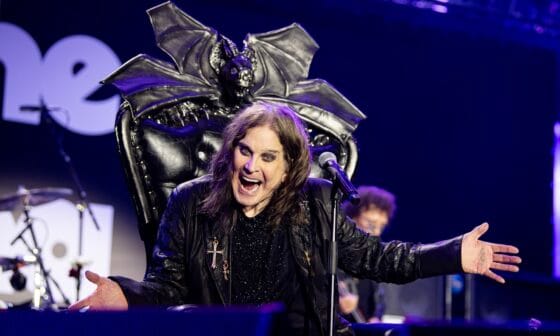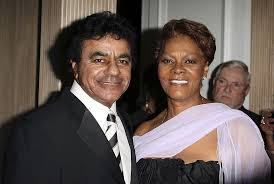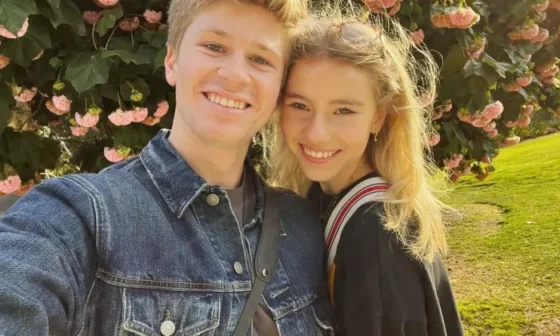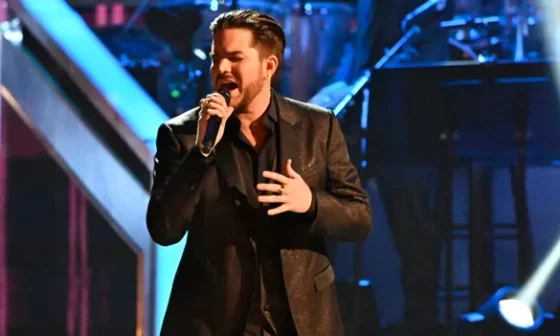It was a moment decades in the making — Julian Lennon, the eldest son of John Lennon, finally sang his father’s most iconic song, “Imagine.” For years, Julian kept his distance from the track, explaining that its emotional gravity and the complexities of his relationship with his father made it impossible for him to perform. But when he finally stepped up to the microphone, what followed was not just a cover, but an intimate act of healing that bridged the gap between past wounds and present peace.
Unlike the countless renditions that have circled the globe since 1971, Julian’s interpretation felt stripped to its core. Backed by a minimal arrangement, his voice carried the natural weathering of a lifetime — tender, soulful, and edged with quiet vulnerability. He did not sing to replicate his father’s dream; he sang to reconcile with it, making “Imagine” feel less like a universal anthem and more like a private letter finally read aloud.
For Julian, the decision carried immense weight. He had long said he could never perform the song, that its shadow was too heavy, its meaning too bound up in both global expectation and personal history. By choosing to sing it now, he turned what was once an untouchable inheritance into a deeply personal offering. The performance was captured in a stark, emotional music video, giving the world a glimpse of a son stepping into his father’s legacy on his own terms.
The reception was immediate and heartfelt. Fans and critics alike praised the raw sincerity of Julian’s version, calling it unforgettable and profoundly moving. Many remarked that the performance was less about technical perfection and more about the vulnerability of the moment — a reminder that music’s power often lies in emotion rather than polish.
More than just a tribute, the performance felt like closure. For Julian, “Imagine” was no longer a song he avoided, but a song he could finally embrace. In doing so, he reshaped the legacy of his father’s masterpiece into something both universal and personal — a bridge between the ideals John dreamed of and the truths Julian had to live.
The symbolism of the moment did not go unnoticed. To hear John Lennon’s son sing “Imagine” after decades of silence carried a weight that went beyond music. It was a reminder of music’s ability to transcend pain, reconcile memory with reality, and transform what once felt like a burden into a gift.
For Julian Lennon, this first performance was more than history. It was catharsis. By lending his voice to “Imagine,” he did not simply honor his father — he found his own peace within the song, allowing it to live anew, not just as an anthem of the world, but as a son’s final conversation with his father.
